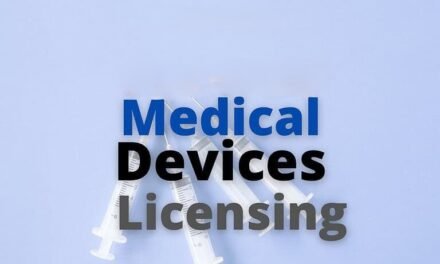
What are the tax implications for medical device manufacturers in TamilNadu?

Medical device manufacturers in Tamil Nadu are subject to various tax obligations and can avail themselves of specific incentives designed to promote the industry. Here’s an overview:
1. Goods and Services Tax (GST) on Medical Devices:
- GST Rates: Medical devices are classified under different GST rates:
- 5% GST: Essential medical items, such as assistive devices and rehabilitation aids, fall under this category.
- 12% GST: Most medical equipment and instruments used in medical, surgical, dental, and veterinary sciences are taxed at this rate.
- 18% GST: Certain non-essential medical equipment and supplies, including advanced diagnostic tools and surgical instruments, are subject to this higher rate.
- Note: The specific GST rate applicable depends on the classification of the medical device under the Harmonized System of Nomenclature (HSN) codes.
2. Corporate Income Tax:
- Standard Rate: The corporate income tax rate for domestic companies in India is generally 25% if turnover does not exceed ₹400 crore, and 30% for larger companies.
- Concessional Rate: New manufacturing companies incorporated after October 1, 2019, and commencing production before March 31, 2023, can opt for a reduced tax rate of 15%, subject to certain conditions.
3. State-Level Incentives in Tamil Nadu:
- Capital Subsidy: The Tamil Nadu government offers a 25% capital subsidy on eligible plant and machinery for micro, small, and medium enterprises (MSMEs), with additional subsidies for enterprises set up by women, SC/ST, differently-abled, and transgender entrepreneurs.
- Stamp Duty Exemption: 100% exemption on stamp duty for land registration is provided for eligible manufacturing enterprises.
- Electricity Tax Exemption: New MSMEs may receive exemptions from electricity tax for a specified period.
4. Production Linked Incentive (PLI) Scheme:
- Objective: To boost domestic manufacturing of medical devices and attract large investments in the sector.
- Incentive: Financial incentives are provided at 5% of incremental sales of medical devices manufactured in India, covering specific target segments.
5. Import Duties:
- Customs Duty: Import duties on raw materials and components vary; however, certain medical devices and inputs may be subject to concessional rates or exemptions to encourage domestic manufacturing.
6. Research & Development (R&D) Incentives:
- Weighted Tax Deduction: Companies engaged in R&D activities may avail of weighted tax deductions under Section 35(2AB) of the Income Tax Act, subject to specific conditions.
7. Compliance Requirements:
- Transfer Pricing: Transactions with related parties must comply with transfer pricing regulations to ensure arm’s length pricing.
- Minimum Alternate Tax (MAT): Companies reporting book profits but having low taxable income are subject to MAT, though certain exemptions apply.
Manufacturers should consult with tax professionals to navigate these obligations and incentives effectively, ensuring compliance and optimal tax planning.




























